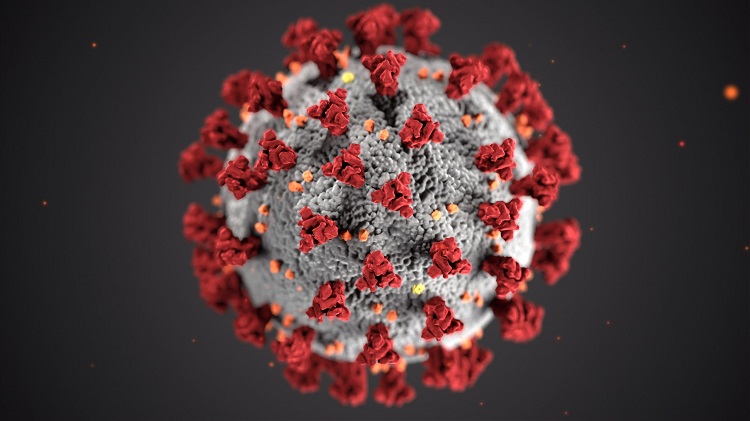COVID-19: UCD leads Irish element of EU-wide effort to accelerate vaccine trials
Posted 18 February, 2021

University College Dublin will spearhead the Irish element of new European Union vaccine clinical network to accelerate the trialling of COVID-19 vaccines.
The European Commission has launched VACCELERATE, a Corona Vaccine Trial Accelerator Platform that will form the backbone of a pan-European project to speed-up Phase 2 and 3 COVID-19 vaccine trials.
Some 21 countries are involved in the network, and infectious diseases expert (opens in a new window)Professor Paddy Mallon, director of UCD Centre for Experimental Pathogen Host Research (CEPHR) and consultant at St Vincent’s University Hospital, is the National Coordinator for Ireland.
In addition to providing access to laboratories and data, as well as a standardised set of assays essential for clinical Phase 2 and 3 trials, the VACCELERATE network aims to build capacity and increase quality across the EU by sharing best practice and mapping clinical trial and laboratory sites across Europe, to identify suitable sites for individual Phase 2 and 3 vaccine trials.
These clinical trials involve larger numbers of people, usually 700 and over 3,000 respectively, having passed safety requirements from Phase 1.
The network will also help build solutions for characteristic vaccine development issues during pandemics by closing gaps in public health knowledge and improving knowledge transfer.
“This initiative forms the basis of a pan-European effort to increase its response to the current pandemic through coordinated clinical and translational research, as well as enabling Europe and Ireland to be better prepared for future pandemic,” said Professor Mallon.
“In my role as National Coordinator for the VACCELERATE network, I will be involved in identifying and linking clinical sites across Ireland to opportunities to participate in vaccine research, to enable Ireland and its citizens to fully participate in vaccine research into COVID-19 and other pandemic infections.
“The award to UCD recognises the considerable research undertaken by the university and CEPHR which will play leading roles in developing and validating new assays to be used in vaccine trials as part of VACCELERATE, as well as providing laboratory capacity to this important European Network to assist with specialist laboratory and research capacity.”
He added: “This EU funding builds on the track record of CEPHR in conducting research into SARS-CoV-2, including large clinical studies and basic research in our Biosafety Containment Level 3 facility. This award also builds on existing investment by Science Foundation Ireland into COVID-19 research in UCD and CEPHR, including awards focused on developing neutralising assays, bioprofiling studies and sequencing of SARS-CoV-2 as part of the Irish Coronavirus Sequencing Consortium.”
Irish partners in the VACCELERATE network are UCD and NUI Galway, which both received funding under the EU Horizon 2020 research and innovation funding framework.
Director of the UCD Clinical Research Centre and Associate Dean of Research, Innovation and Impact at UCD School of Medicine, (opens in a new window)Professor Peter Doran added that an essential component of the VACCELERATE Network will be “the alignment of our vaccine trial methods “so large-scale, Europe-wide clinical trials can be initiated quickly whilst maintaining the highest regulatory and scientific standards.”
“Our work will diffuse a detailed set of protocols and standards across all the partners, so we can establish new trials quickly.
“The VACCELERATE project represents a unique mobilisation of European research strengths in basic and clinical research. The establishment of this programme will put European science at the leading edge of new vaccine development and testing,” he said.
Beyond COVID-19, VACCELERATE will establish a pandemic preparedness network, increasing the EU's readiness to face emerging future pandemics.
By: David Kearns, Digital Journalist / Media Officer, UCD University Relations (with materials from Caroline Byrne, UCD Research and Innovation)
UCD academics on The Conversation
- Opinion: The leap year is February 29, not December 32 due to a Roman calendar quirk – and fastidious medieval monks
- Opinion: Nigeria’s ban on alcohol sold in small sachets will help tackle underage drinking
- Opinion: Nostalgia in politics - Pan-European study sheds light on how (and why) parties appeal to the past in their election campaigns






